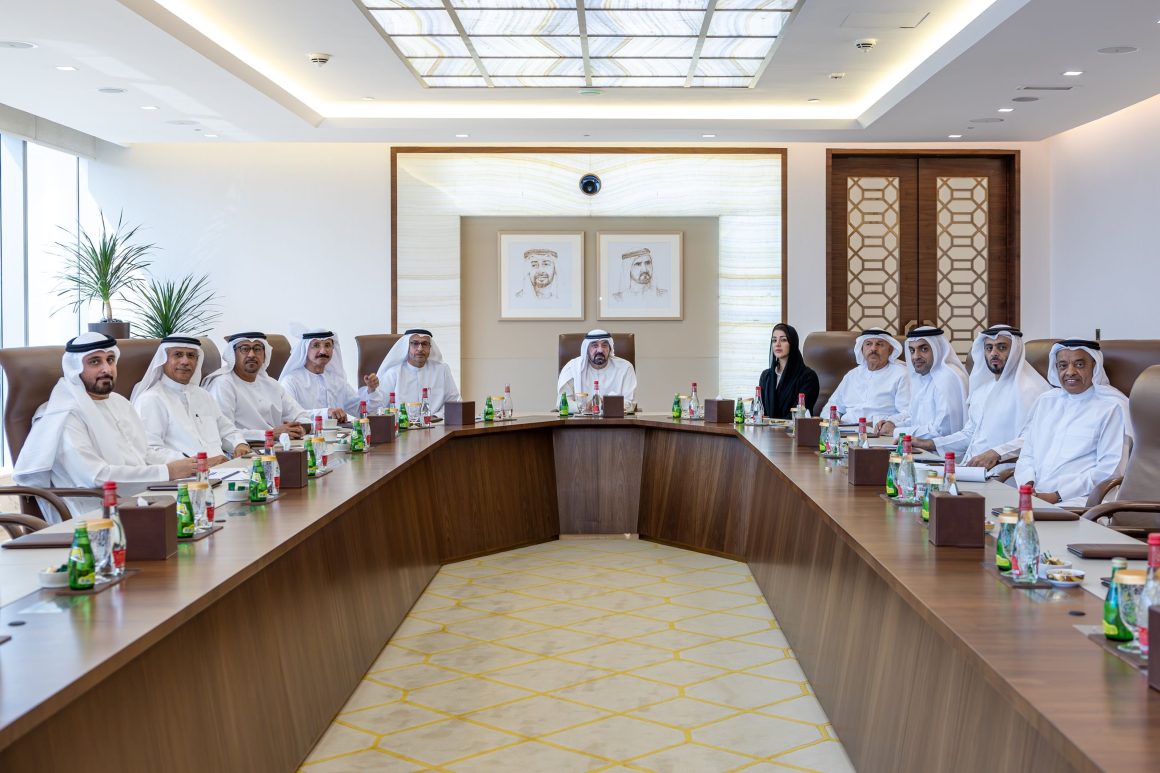H.H. Sheikh Ahmed bin Saeed Al Maktoum, Chairman of the Dubai Free Zones Council (DFZC), confirmed during the 26th meeting of the Council that it is working to develop performance indicators that will enhance the DFZC’s leading role in diversifying Dubai’s economy and attracting international investment.
Sheikh Ahmed bin Saeed said, “Over the past decades, Dubai’s free zones have contributed to making Dubai one of the most attractive destinations for investment globally. Today, we are working to enhance these achievements by developing the Free Zones Model 2030, which aims to attract annual foreign direct investments over the next ten years, by enhancing competitiveness, facilitating the establishment, expansion and growth of companies and supporting the objectives of the Dubai Economic Agenda D33, which aims to double the size of Dubai’s economy over the next ten years.”
He added, “We continue to develop Dubai’s free zones model to enhance its global leadership in attracting investments and empowering sectors of the future economy to enhance Dubai’s leadership as a land of opportunity and a platform for innovative ideas and inspiring success stories”.
The members of the Council reviewed the development of the Free Zones Model 2030, which was undertaken by the DFZC to drive Dubai’s competitiveness and economic success.
The DFZC also approved the development of a mechanism for providing real-time data to entities in the free zones, to accelerate decision-making while ensuring privacy and proper governance.
These indicators play a pivotal role in strategic decision-making, providing immediate and comprehensive insights into the performance of economic activities in free zones, and enhancing the effectiveness of information management through data analysis and economic performance monitoring.
In addition, the Council was briefed on the latest developments of a package of draft laws that will facilitate administrative procedures and transactions, and enhance Dubai’s economic attractiveness to talent, entrepreneurs, start-ups, SMEs and international businesses. The Council was also briefed on the performance and results related to the Financial Action Task Force (FATF), that strengthen the role of Dubai free zones to create a culture of compliance and applying best standards.
The Council reviewed a summary of projects in 2023 under the supervision of the Council Secretariat in cooperation with the specialized committees of the Council and representatives of the free zones’ authorities, including the unified Dubai licence, the free zones’ economic impact study, the study of energy demand, countering money laundering, and standardizing the naming of services in the free zones. The Council was also briefed on the course of other projects that are currently on the track for implementation, including the organization of corporate tax series of awareness sessions for free zones authorities and the companies within each free zone.
The council concluded the meeting with a review of the budget that serves and finances the projects of the free zones authorities, which contribute positively to enhancing the role and contributions of Dubai’s free zones to the emirate’s economy.
WAM

